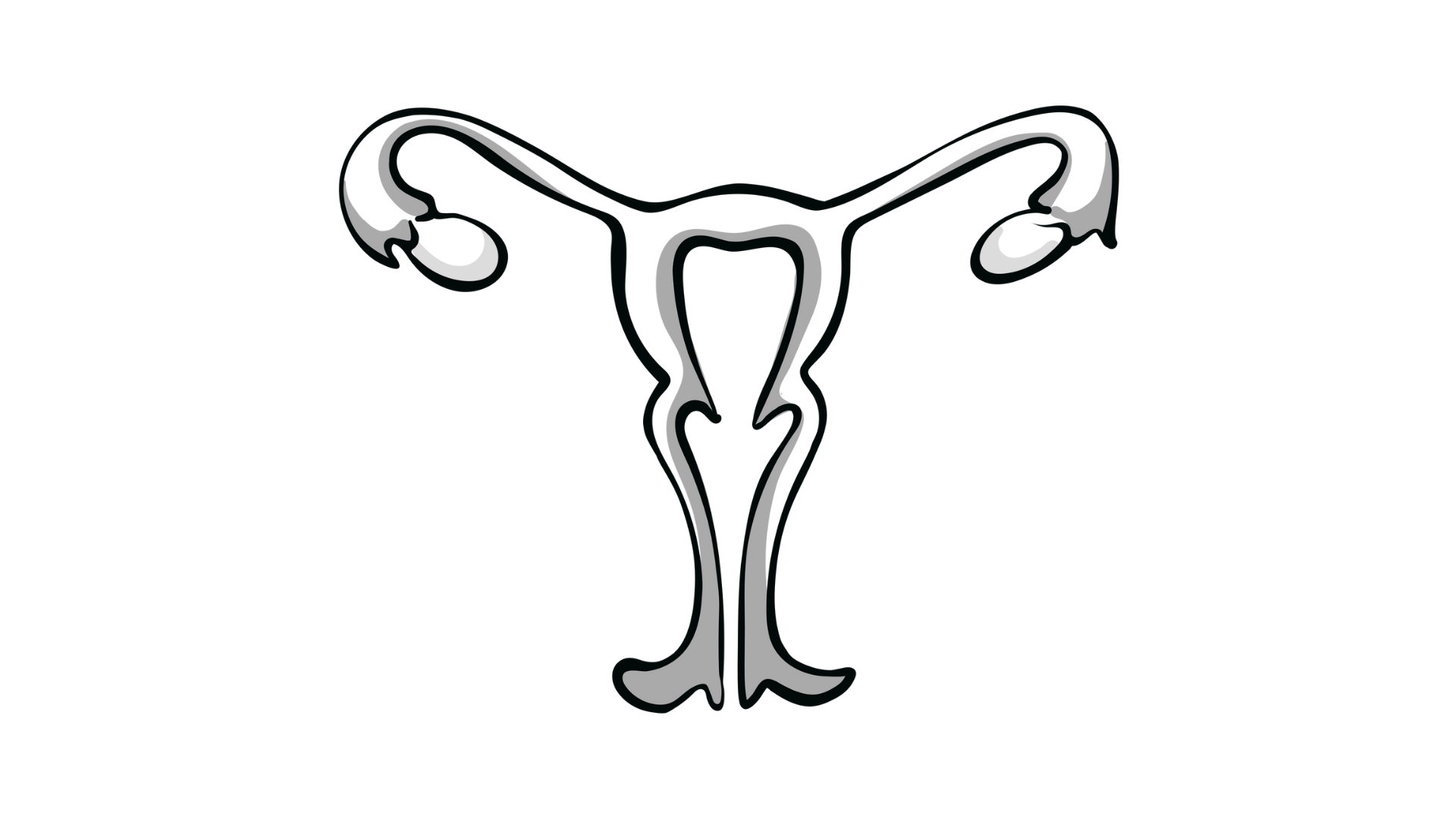Azenosertib Shows Promising Efficacy in Platinum-Resistant Ovarian Cancer
Azenosertib monotherapy showed a 34.9% overall response rate in heavily pretreated, cyclin E1–positive, platinum-resistant ovarian cancer, with a median duration of response of 5.5 months.
Ovarian cancer: © Dr_Microbe - stock.adobe.com

Single-agent azenosertib (ZN-c3) generated an overall response rate (ORR) of 34.9% (95% CI, 21.0%-50.9%) among the 43 response-evaluable, heavily pretreated patients with cyclin E1–positive platinum-resistant ovarian cancer in part 1b of the phase 2 DENALI trial (NCT05128825).1
As of the data cutoff date of December 2, 2024, the ORR among the intention-to-treat (ITT) cyclin E1–positive population (n = 48) was 31.3% (95% CI, 18.7%-46.3%). The median duration of response (DOR) was still maturing and was about 5.5 months (95% CI, 2.7-not evaluable).
“We are excited to outline a clear path for Zentalis to bring azenosertib to patients with cyclin E1–positive platinum-resistant ovarian cancer,” Ingmar Bruns, MD, chief medical officer of Zentalis, said in a press release. “In a patient population with a clear unmet medical need, the monotherapy data showed a meaningful and consistent improvement in responses as compared to historical data from current monotherapy chemotherapy standard of care, across multiple studies, in heavily pretreated patients at the 400mg once daily [5 days on, 2 days off] intermittent dose.”
For safety, those given azenosertib monotherapy in the DENALI trial, as well as in the phase 1 ZN-c3-001 (NCT04158336) and the phase 2 MAMMOTH (NCT05198804) trials, have been consistent, and the agent has been safe and tolerable in all. The ZN-c3-001 and MAMMOTH trials included patients with ovarian cancer and other solid tumors. Two treatment-related grade 5 adverse effects (AEs) in 2 patients from DENALI part 1b have been previously reported.
“The results demonstrate a median DOR of approximately 5.5 months that continues to mature with patients remaining on therapy. In addition, with over 350 patients treated at clinically active monotherapy doses (total daily dose ≥ 300 mg) across our studies, we have observed a well-characterized safety profile and no new safety signals since our last report. Our data have also confirmed cyclin E1 overexpression as a predictor of sensitivity to azenosertib monotherapy in platinum-resistant ovarian cancer, and we intend to pursue further development in this patient population,” added Bruns.
About the DENALI Trial
In the single-arm DENALI part 1b trial, experts evaluated azenosertib monotherapy in an intermittent dosing regimen of 400 mg daily for 5 days on, followed by 2 days off, in 102 patients with high-grade serous platinum-resistant ovarian, fallopian tube, or primary peritoneal cancer.2
Eligible patients had received 1 to 5 prior lines of therapy, had measurable disease per RECIST 1.1 criteria, and demonstrated adequate hematologic and organ function. To support biomarker analysis, all patients provided tumor tissue samples. Retrospective testing revealed that approximately 50% of the enrolled population was cyclin E1–positive.
The primary end points assessed included treatment-emergent adverse event (TEAE) frequency and severity, incidence of dose modifications, and ORR. Secondary end points included DOR, progression-free survival (PFS), clinical benefit rate, and time to response.
The upcoming DENALI part 2 trial is expected to begin enrollment in the first half of 2025. This phase will be conducted in 2 parts. Part 2a will evaluate and confirm the optimal dosing strategy, comparing the primary 400 mg intermittent regimen (5 days on, 2 days off) with a 300 mg dose on the same schedule. Each cohort will enroll approximately 30 patients.
Part 2b will then proceed with approximately 70 patients at a single dose level, determined based on part 2a findings and regulatory feedback. The final dose selection will incorporate guidance from the FDA.
Topline results from DENALI part 2 are expected by the end of 2026.
“We are very pleased with the azenosertib results obtained to date and believe we have a clear path to advancing this product candidate to patients,” Julie Eastland, chief executive officer of Zentalis, added in the press release. “Notably, approximately 50% of patients with platinum-resistant ovarian cancer are cyclin E1 positive, and we believe that the therapeutic and commercial opportunity in this population, which tends to be especially treatment refractory, is substantial. Looking ahead at continued azenosertib development, we believe that DENALI Part 2, if successful, has the potential to support an accelerated product approval, subject to FDA feedback.”
REFERENCES
Zentalis Pharmaceuticals shares updated clinical data demonstrating meaningful azenosertib activity in Cyclin E1+, platinum-resistant ovarian cancer. News release. Zentalis Pharmaceuticals, Inc. January 29, 2025. Accessed January 29, 2025. https://tinyurl.com/3v2pd297
A study of ZN-c3 in subjects with high-grade serous ovarian, fallopian tube or primary peritoneal cancer. ClinicalTrials.gov. Updated June 25, 2024. Accessed January 29, 2025. https://clinicaltrials.gov/study/NCT05128825
Avutometinib/Defactinib Leads to Positive Response, Survival Data in Ovarian Cancer
October 18th 2024The completion of a new drug application for the combination of avutometinib and defactinib in KRAS-mutant ovarian cancer is expected to be finalized with the FDA by the end of the month.
Read More






